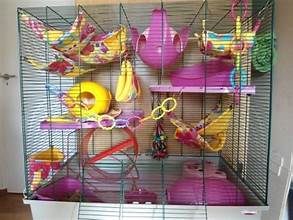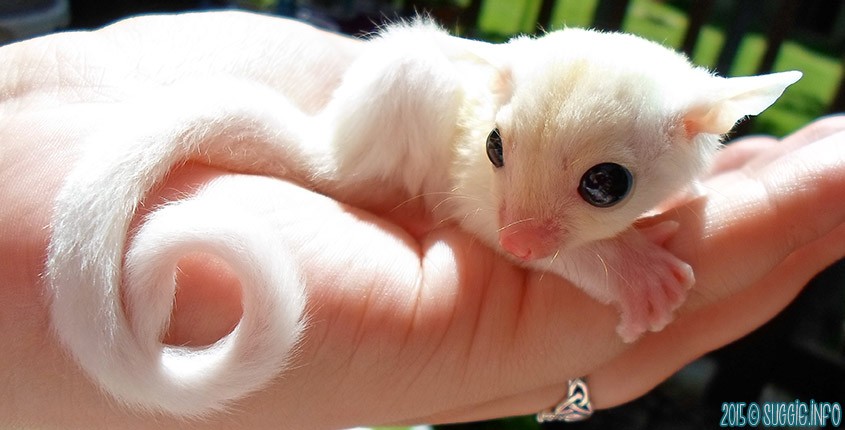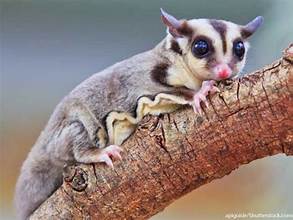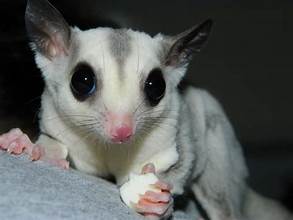Sugar gliders, with their fascinating and unique characteristics, have a charm that endears them to pet owners. One of their most intriguing traits is their nocturnal lifestyle. Understanding their nighttime activity is crucial for determining if they are the right pets for you. Here’s a comprehensive guide to sugar gliders’ nocturnal habits and how you can adapt to their nighttime schedule.
What Does Being Nocturnal Mean for Sugar Gliders?
Sugar gliders are naturally active at night, originating from environments where nighttime activity helps them avoid predators and find food. During the day, they rest in cozy, secure spaces resembling tree hollows. As dusk falls, sugar gliders wake up and begin their most active period, engaging in climbing, gliding, and foraging-like behaviors.
How Their Nocturnal Nature Affects Pet Ownership
Owning a nocturnal pet like a sugar glider has unique challenges and rewards. Their nighttime activity can influence your household in the following ways:
1. Noise Levels
Sugar gliders are vocal animals, often communicating through barking, chattering, and other sounds. Additionally, their playtime involves running, jumping, and gliding, which can generate noise. If you’re a light sleeper, this could become a disruption.
2. Interaction Timing
Sugar gliders are most active when many people are winding down for the day. This might align perfectly with your schedule if you’re a night owl. However, early risers may find engaging with sugar gliders challenging during peak activity.
3. Feeding and Enrichment
Food and toys should be available at night to accommodate their nocturnal habits. Fresh fruits, vegetables, and proteins should be placed in their enclosure around dusk to ensure they have access during their active hours.
Tips for Adapting to Their Nocturnal Lifestyle
Adapting to a sugar glider’s nighttime habits requires some adjustments to ensure a harmonious living arrangement:
1. Create a Quiet Sleeping Space
Designate a room or area for their cage away from bedrooms or other spaces where nighttime noise might be bothersome. Use soundproofing or white noise machines to minimize disruptions.
2. Enclosure Setup
Provide a spacious and enriching enclosure with climbing branches, gliding platforms, and engaging toys such as exercise wheels, ropes, and puzzle feeders to entertain them during their active hours. Ensure the cage is secure and situated in a low-traffic area to avoid disturbing their daytime sleep.

3. Adjust Your Schedule
Spend time with your sugar gliders during the early evening or late at night. Handling and bonding activities are best when they’re naturally awake and alert.
4. Be Mindful of Light Cycles
Maintain a consistent light-dark cycle to help sugar gliders maintain their natural rhythms. Avoid exposing them to bright lights during their active hours, as this can stress them and disrupt their behavior.
Are Sugar Gliders Right for You?
Before committing to owning a sugar glider, consider your lifestyle. Do you have the flexibility to interact with your sugar glider at night? Can you accommodate their unique needs without disrupting your household? Also, keep in mind that sugar gliders have a lifespan of 12-15 years in captivity, so they are a long-term commitment. Sugar gliders could be an ideal pet if you thrive in a nocturnal or flexible schedule.

Final Thoughts
Understanding and respecting sugar gliders’ nocturnal nature is key to building a successful and fulfilling relationship. By adapting to their needs and creating a suitable environment, you can enjoy the joy and companionship of these delightful creatures while maintaining a harmonious household.
Whether you’re a night owl or fascinated by sugar gliders’ nocturnal habits, they bring endless charm to those willing to embrace their unique way of life.





Pingback: The 5 Rare and Unusual Exotic Pets : Which One is Right for You - Positvley Pets